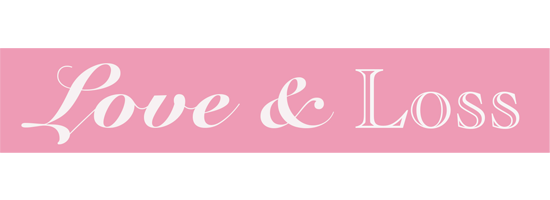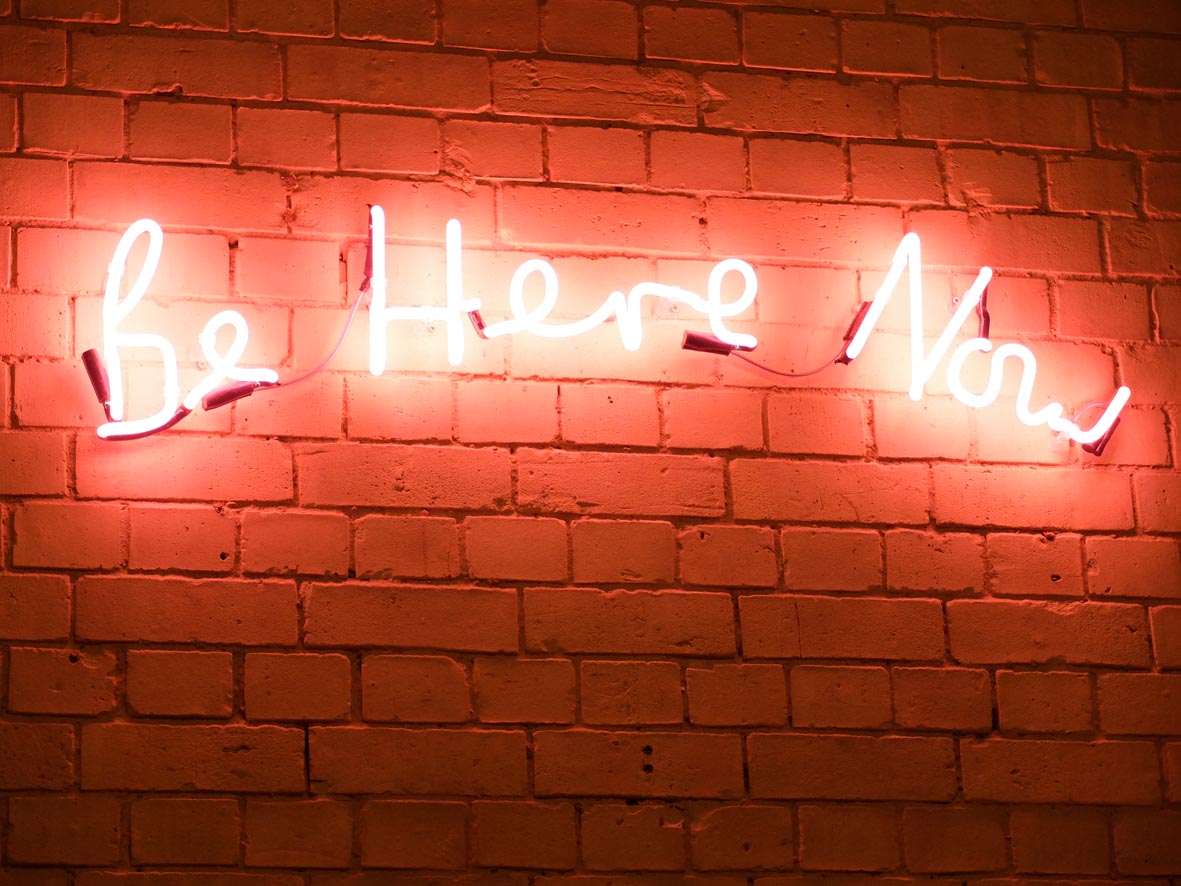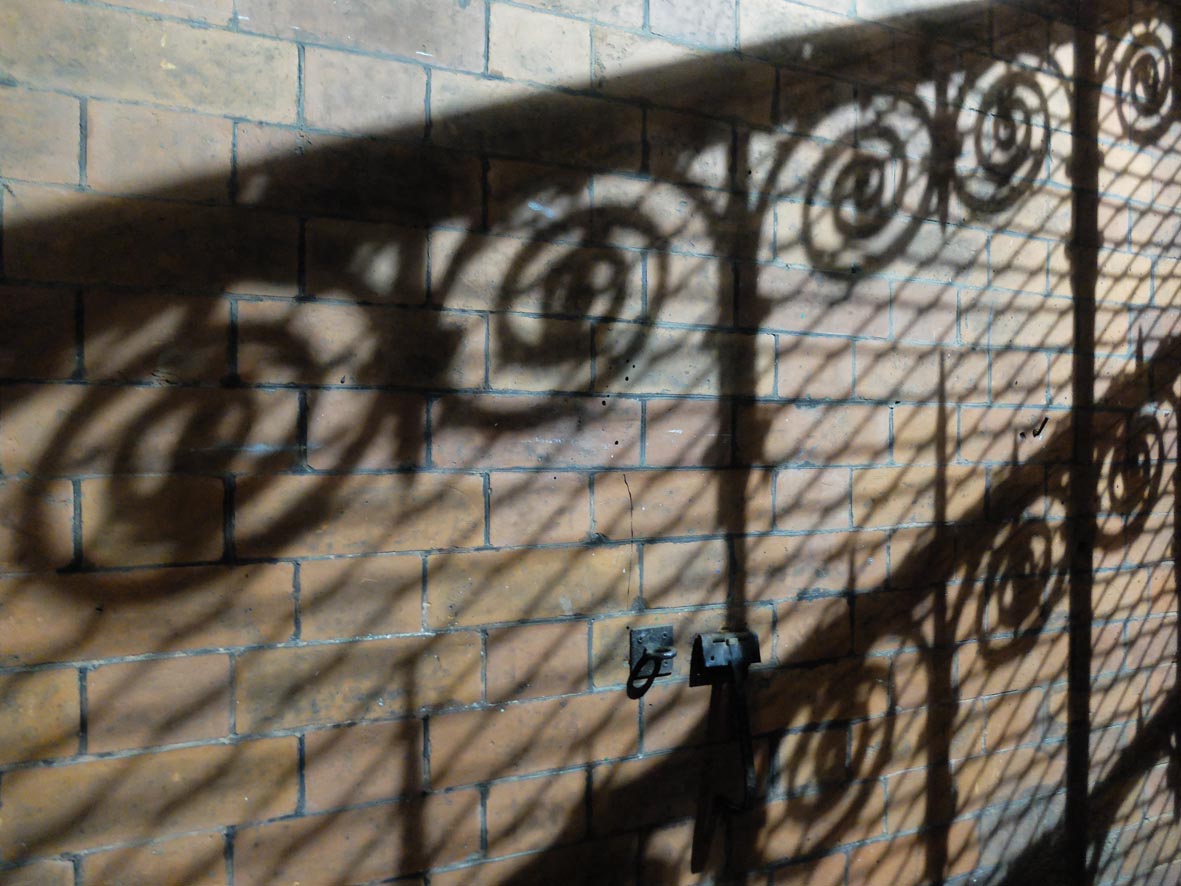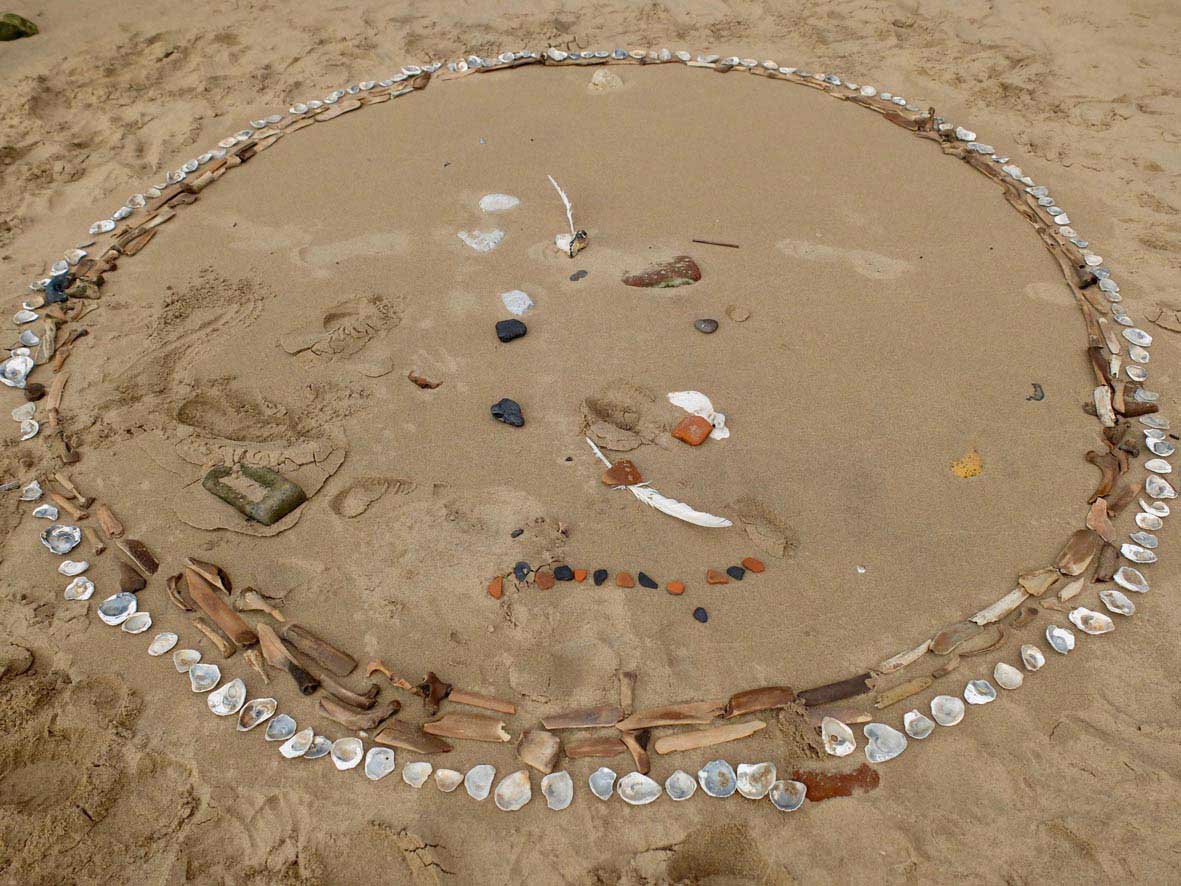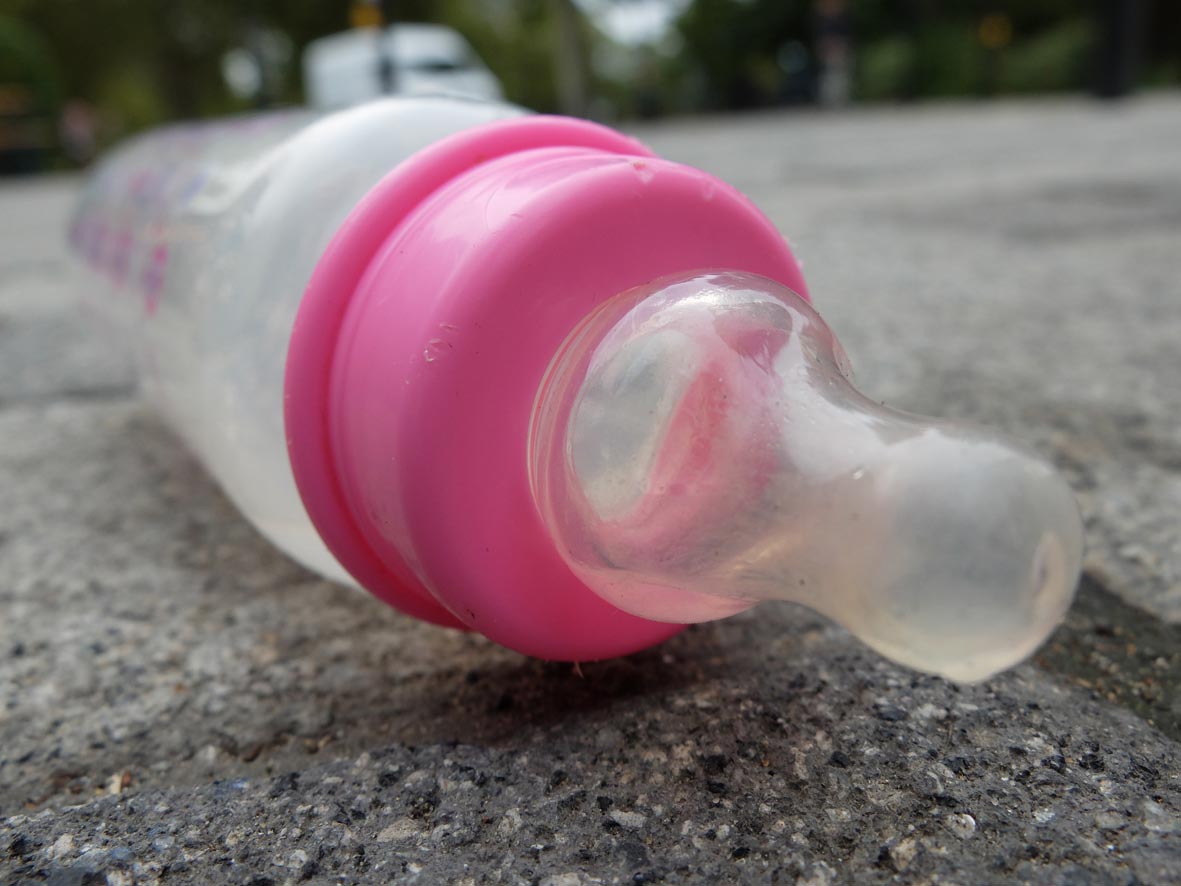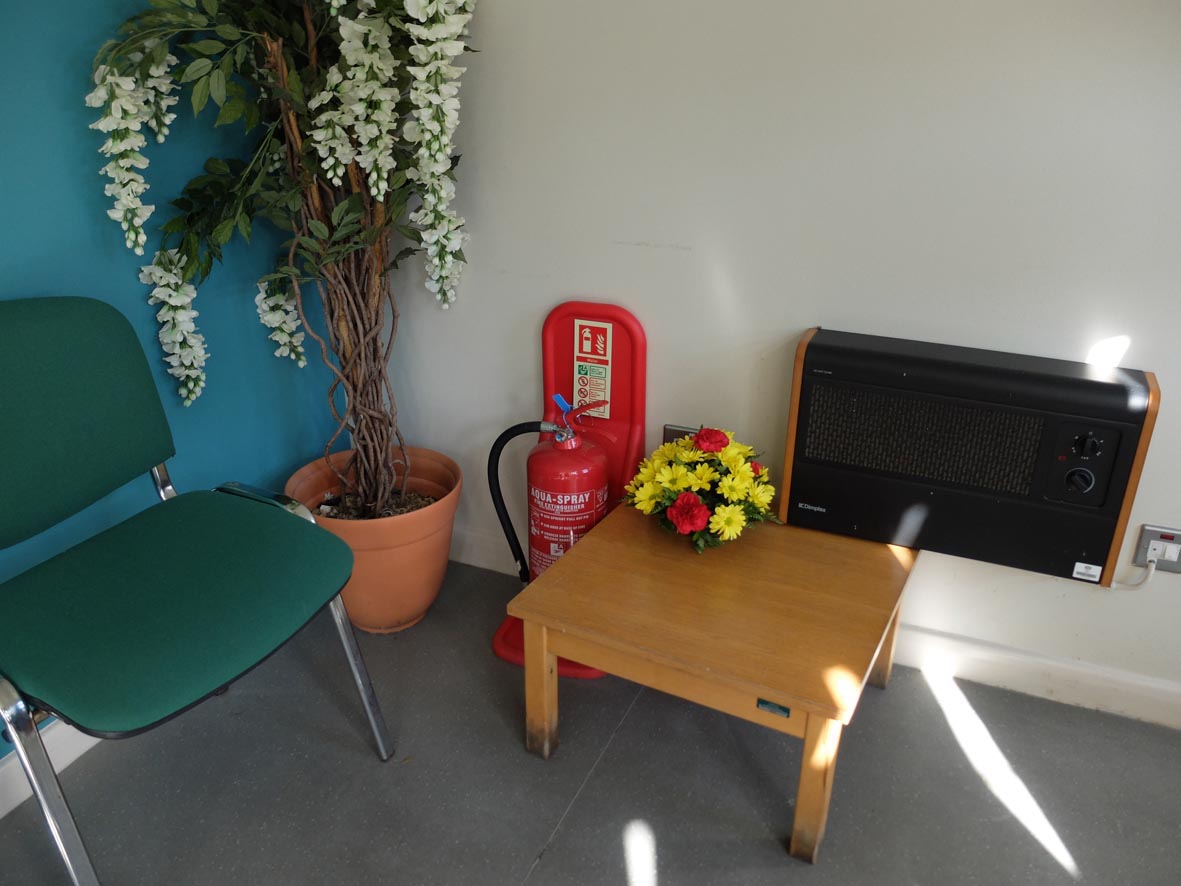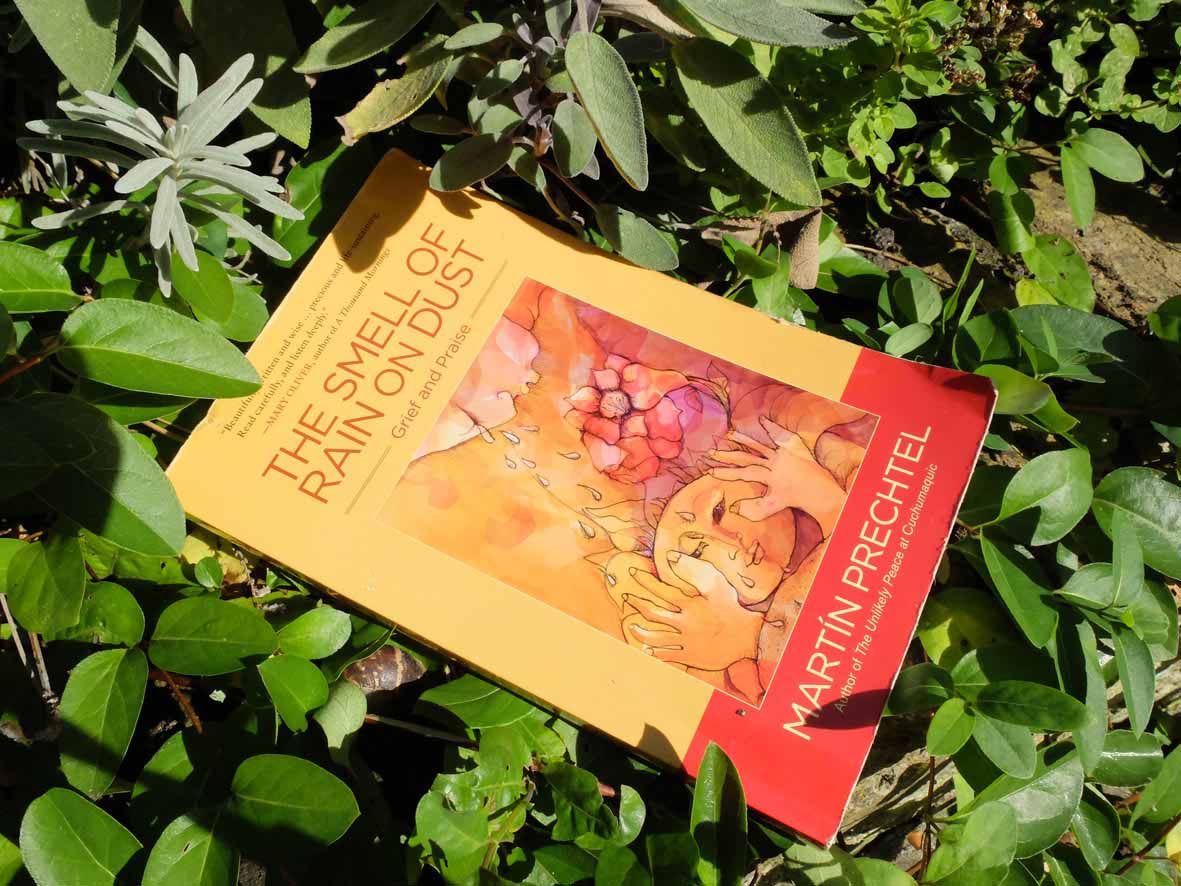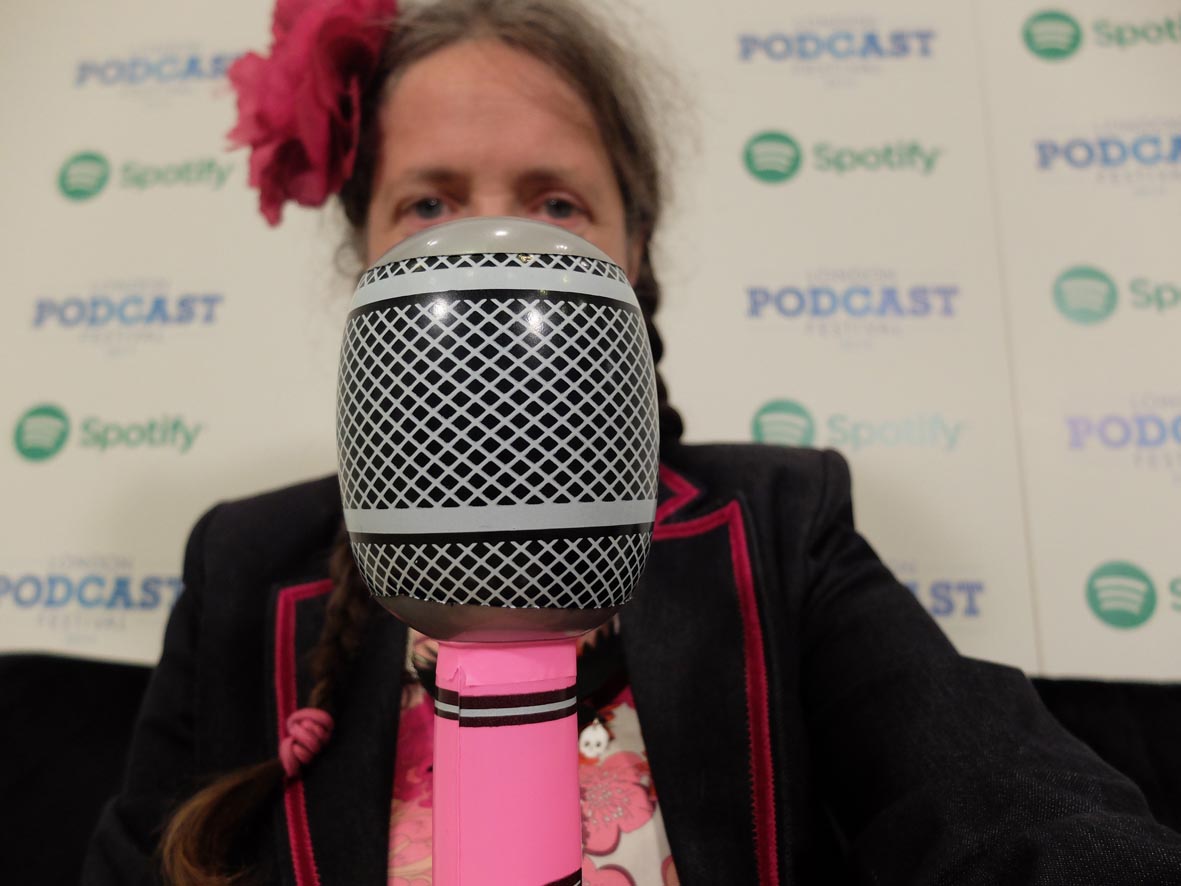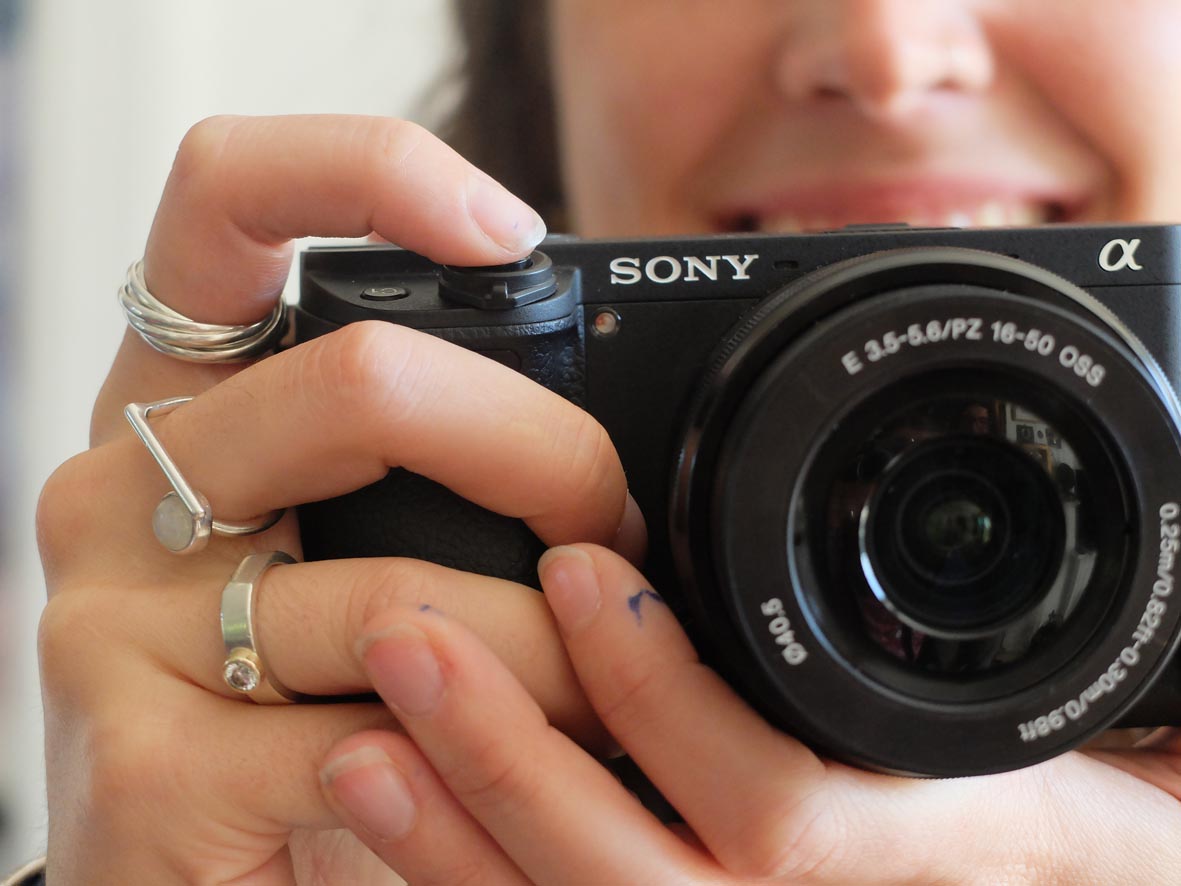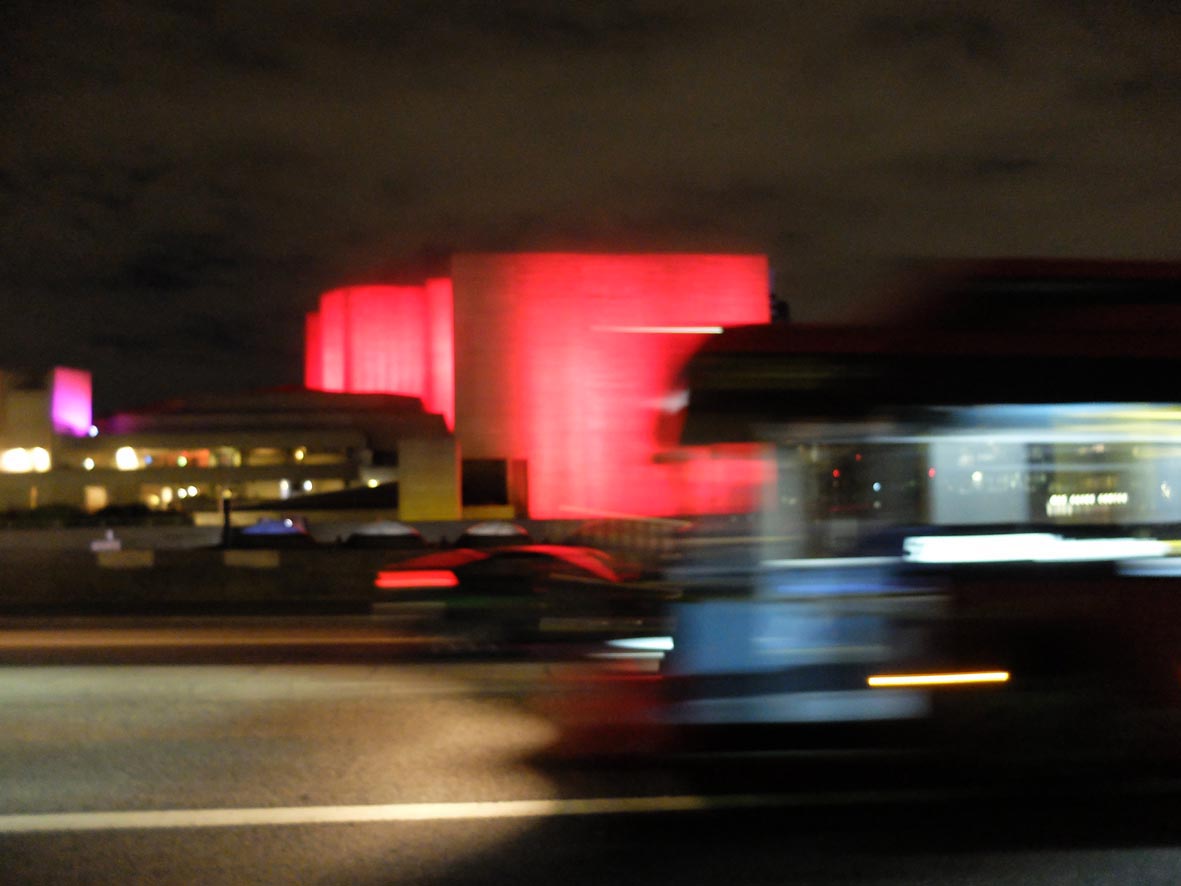10 Dec Boarded Up Block
 What is the story here? This is a visual landscape of decay, of impending change. There is a need for housing in the city that ordinary people can afford. There is pressure on local councils to provide more affordable housing from a depleted housing stock. Local government housing budgets are squeezed. Property developers and housing associations take over estates and mop up the profits. Developers are keen to maximize profits. There is limited space in the city. Gentrification is pricing out local people. We live in a time where austerity cuts the public services that buffer some of the worst injustices in our society. I live in a society where the rich are rewarded and the poor lose more. I know that the economic divide impacts health, education, access to services, quality of life and life expectancy. We live in times where corporate greed fuels politics. We have lost trust in politicians. Young lives are collateral in a system that does not value their creativity and gifts. Wall space is claimed for personal expression, and for competitive tagging. We live in times where power is wielded at the expense of people and planet. I have a vote.
What is the story here? This is a visual landscape of decay, of impending change. There is a need for housing in the city that ordinary people can afford. There is pressure on local councils to provide more affordable housing from a depleted housing stock. Local government housing budgets are squeezed. Property developers and housing associations take over estates and mop up the profits. Developers are keen to maximize profits. There is limited space in the city. Gentrification is pricing out local people. We live in a time where austerity cuts the public services that buffer some of the worst injustices in our society. I live in a society where the rich are rewarded and the poor lose more. I know that the economic divide impacts health, education, access to services, quality of life and life expectancy. We live in times where corporate greed fuels politics. We have lost trust in politicians. Young lives are collateral in a system that does not value their creativity and gifts. Wall space is claimed for personal expression, and for competitive tagging. We live in times where power is wielded at the expense of people and planet. I have a vote.
